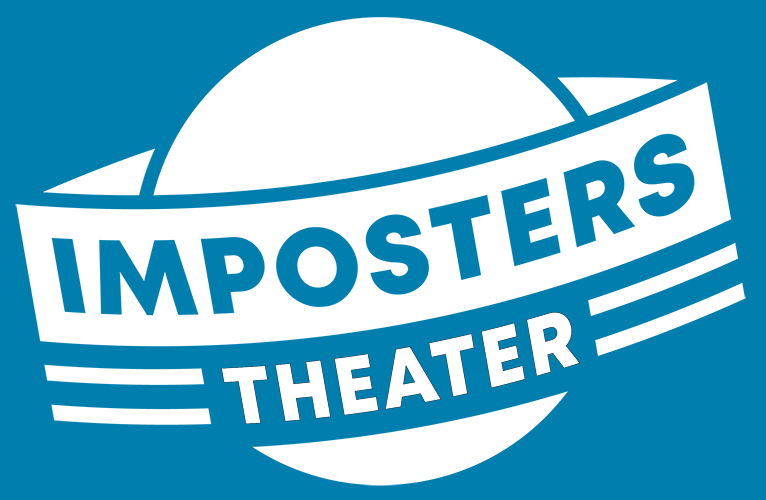Adventures in Screenplay-Reading
* * *
When searching dozens of submissions for a client’s proverbial “needle in a haystack,” a reader has to make sweeping cuts. Only one or two scripts from a whole stack will move onto their boss’s desk, so a reader has to be discriminating. Unfortunately, cuts are often easy to make... Not based on the story, but because many writers make one of the following 4 big submission mistakes:
Unsolicited work – Fear of plagiarism suits have necessitated a blanket-policy to reject all work that arrives without pre-approval for submission. Even successfully fighting a lawsuit can tarnish an honest production’s image. Every scripted work that comes into an office without prior solicitation goes to the trash, unread. So you MUST solicit their permission with a Query Letter first.I once received a package that came in Certified-Mail, overnight. It was an animated project the creator had put hard work into; They enclosed animation cells, storyboarding, and full show bible. All of them had to be shredded, because the creator didn’t write a Query Letter to ask for our permission to send his material.
Bad Formatting – 12-point, Courier New Font. About 22 pages for a sitcom, about 44 pages for an hour-drama. Roughly 90-120 pages for a feature film. All action should be written in present-tense. Avoid phrases like “we see.” Cover Page has the Title, your name, WGA Registration Number, and Contact Info. With programs like Final Draft, or its free counterparts Celtx and Trelby, there’s no reason not to get it right. It seems nitpicky, but remember: Scripts are not the final product. Films, videos, and shows are the final product. A screenwriter’s job, first and foremost, is to clearly communicate a story for others to direct, edit, etc. They cannot be expected to properly guess at your meaning by deciphering bad format. Lost time is not an option when you’re dealing with the kind of budgets that a studio or network producer deals with.
Copyrights & Cameos – If your story depends on a celebrity cameo or a copyrighted bit of culture in order to work, like a popular song, it will probably be rejected. Most music, movies, etc, are owned by some company or another. Whoever produces your script will have to pay whoever owns the rights to that song. As you can see here, it gets legally sticky. This is by design; Rights-holders buy song rights specifically to make money by licensing them out. The most-famous example of this problem is the Beatles. Billboard estimates that one Beatles song costs $10 million to license for a feature-length film. The film ‘Yesterday’ famously had to spend 40% of its production budget just on the rights to the Beatles’ song. There was even a brief time when the Beatles’ catalog was the subject of legal conflict, and was practically off-limits. So if you’re going to include songs or celebrities, try not to make them necessary.
Unprofessional conduct – Harassing follow-up efforts, sending new drafts after a previous one is rejected, arguing with a rejection, disparities in writing credits, submission “stunts” like glitter-bombing envelopes… all terrible conduct choices. These will earn you a spot on a permanent “do not submit” list in many offices.
If you’re not already a produced writer or living in LA, the chances of getting to submit are slim already. The competition is fierce and the numbers are staggering. But if you can avoid the 4 mistakes above, you can make a professional first-impression and drastically increase your odds of being approved for submission in the future.
* * *
This blogspace is dedicated to helping writers improve their odds of professional success. So we want to know what YOUR priorities and YOUR questions are. Please send your questions to Imposterscomedy@gmail.com, and I’ll address your topic in a future installment. Follow Imposters Theater on Twitter, Instagram, Facebook, and Youtube for more content and opportunities.
Next Month: Lexicon – A Translation Guide From Screenwriting To English


